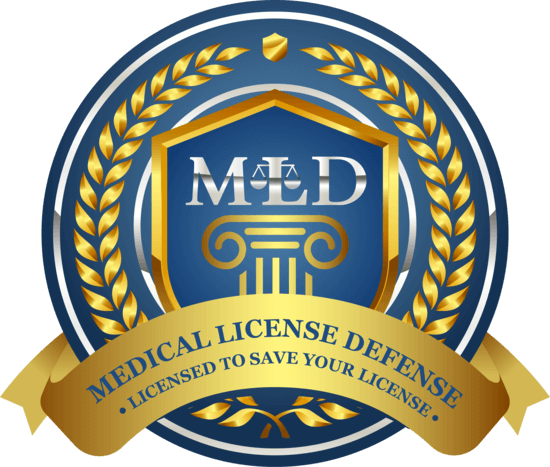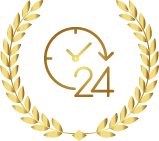As a registered nurse in California, maintaining accurate and complete patient records is a fundamental responsibility. Evidence of deficient record-keeping practices can result in serious consequences, including the potential loss of your nursing license. If you are facing allegations related to deficient record-keeping, it is crucial to understand the potential impact and seek the guidance of a skilled nursing license lawyer who can advocate for your rights and help you navigate the disciplinary process.
Allegations of Deficient Record-Keeping Practices: Allegations related to deficient record-keeping practices may include:
Incomplete or Inaccurate Documentation:
- Failing to document essential patient information accurately, including assessments, interventions, and medications administered.
Failure to Timely Document:
- Delaying the entry of critical patient information into the medical record, compromising the continuity of care and accurate communication among healthcare providers.
Missing Documentation:
- Neglecting to document important aspects of patient care, such as changes in vital signs, medication administration, or patient assessments.
Consequences and Potential Penalties: Evidence of deficient record-keeping practices can lead to disciplinary action by the California Board of Registered Nursing (BRN). The potential consequences may include:
Warning or Reprimand:
- The BRN may issue a warning or reprimand for less severe instances of deficient record-keeping as a corrective measure.
License Suspension or Revocation:
- In more severe cases, the BRN may suspend or revoke your nursing license, restricting or terminating your ability to practice as a registered nurse.
Probation and Continuing Education:
- The BRN may impose probation, requiring you to complete additional continuing education courses and demonstrate compliance with record-keeping requirements.
Defending Against Allegations of Deficient Record-Keeping Practices: When facing allegations of deficient record-keeping practices, it is essential to have a strong defense strategy in place. A skilled nursing license lawyer can employ various strategies to protect your rights, including:
Documentation Review:
- Your lawyer will thoroughly review your documentation to identify any deficiencies or errors. They can help you rectify any issues and present a clear picture of your commitment to accurate and comprehensive record-keeping.
Expert Testimony:
- Your lawyer may engage expert witnesses who can attest to the importance of proper record-keeping in nursing practice. Their testimony can help establish that your practices were in line with industry standards and regulations.
Compliance with Guidelines:
- Your lawyer will demonstrate your adherence to record-keeping guidelines and regulations, highlighting any training or educational programs you have completed to enhance your documentation skills.
Mitigating Factors:
- Your lawyer will identify and present any mitigating factors that may help mitigate the severity of the allegations. This can include your overall nursing competence, positive patient outcomes, or steps taken to address any deficiencies in record-keeping practices.
Evidence of deficient record-keeping practices can have significant consequences for registered nurses in California. However, with the guidance of a skilled nursing license lawyer, you can develop a strong defense, advocate for your rights, and work towards protecting your nursing license. Remember, accurate and comprehensive record-keeping is not only a professional obligation but also crucial for patient safety and effective healthcare delivery.
Contact Medical License Defense for Experienced Nursing License Defense: At Medical License Defense, we understand the challenges nurses face when their licenses are at risk. Our experienced nursing license lawyers are dedicated to protecting your rights, providing sound legal guidance, and helping you navigate the complexities of the disciplinary process. Contact us today for a confidential consultation and let us assist you in preserving your nursing license and career.















